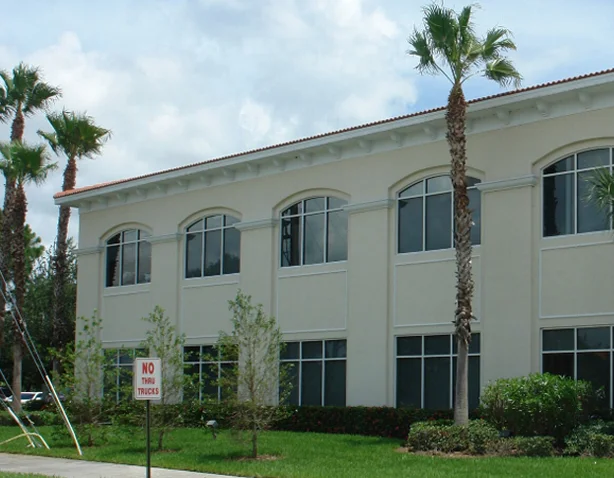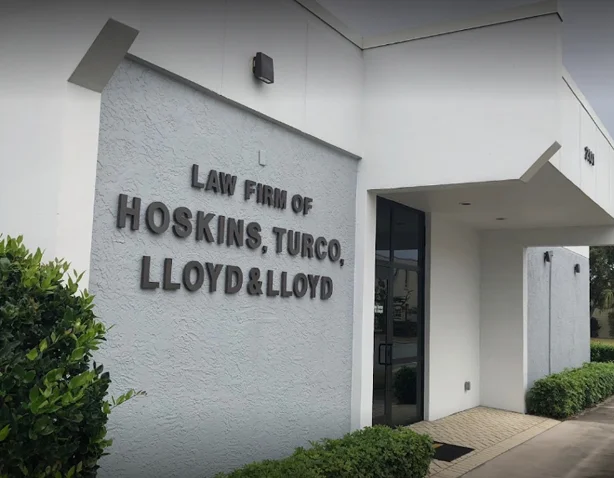The father of a star high school football player who allegedly died of chronic traumatic encephalopathy (CTE)-related injuries has filed
Brain Injury Posted on Oct 04, 2012
High school football has become a big part of the Treasure Coast and Lake Okeechobee area. Back when I graduated from Fort Pierce Central High School in 1973, it seemed that each county had only one high school football team. As I was reviewing my Saturday morning newspaper several weeks ago, I noticed that in the local kickoff classic, there were 18 local schools that participated in the annual kickoff classic game at Lawnwood Stadium in Fort Pierce. With more local schools and local players playing high school football, there is more potential that local team members could sustain some type of head injury or concussion.
Unfortunately, brain injuries in youth sports have reached epidemic proportions, according to the Centers for Disease Control and Prevention, which states that more than 300,000 sports and recreation-related traumatic brain-related injuries occur in the United States each year.
The problem is not new. From 1997 to 2007, at least 50 football players high school age or younger in more than 20 states were killed or sustained serious head injuries on the football field. In many of those cases, coaches did not fully understand the dangers of a concussion. A 2007 study reported that a majority of surveyed coaches believed that sports-related concussions only occur when the athlete experiences a loss of consciousness. However, studies show that a brain injury can occur without loss of consciousness.
Fortunately, if an athlete is allowed sufficient physical and mental rest, most concussions will resolve without debilitating, long-lasting effects. However, when an athlete who has sustained a concussion is prematurely returned to play, he or she is put at substantial risk for additional trauma that can result in serious, permanent brain damage and even death. It has been found that this risk is elevated for youth because adolescent brains are still developing and are more vulnerable to concussions than adult brains.
Coaches and trainers working with high school athletes need to be able to recognize the signs of concussion, even if minor and prevent the athlete from returning to play until the brain is completely healed. Coaches and high school football staff all need to realize that prematurely returning a player to play before the brain has healed from the initial concussion can result in what is called post-concussion syndrome or second impact syndrome. All schools and school districts need to make sure that their coaches and football staff receive proper training and are aware that concussions are far from trivial. Even a mild traumatic brain injury can have lasting effects, and repeated trauma can be catastrophic for young athletes. Coaches in schools must take steps to prevent and properly manage concussions.
Our firm hopes that each local high school has a healthy and successful athletic season in 2012. However, if you have a high school athlete who sustains any type of head injury that you suspect was not handled correctly, please call our law firm for a free case analysis and review. You can call us toll-free at 866-460-1990.
The father of a star high school football player who allegedly died of chronic traumatic encephalopathy (CTE)-related injuries has filed
Whether you’re a Friday Night Lights bleacher fixture, a proud college football fan, or an NFL fanatic, football season is
It’s that time of year again—football season! And as thousands of young players return to the gridiron, chances are parents

Phone: (772) 344-7770
Fax: (772) 344-3838

Phone: (772) 464-4600
Fax: (772) 465-4747

Phone: (772) 577-7551
Fax: (772) 794-7773

Phone: (863) 357-5800
Fax: (863) 763-2237
As the law firm Florida has trusted for over 40 years to fight on their behalf, we are more than ready to represent you. Put our experience and reputation to work. If you need help with any legal matter, whether it’s a personal injury, workers’ compensation, disability or bankruptcy case, contact us now. The consultation is absolutely free.
Get the answers you need. We’ll review your case today, for free.
"*" indicates required fields